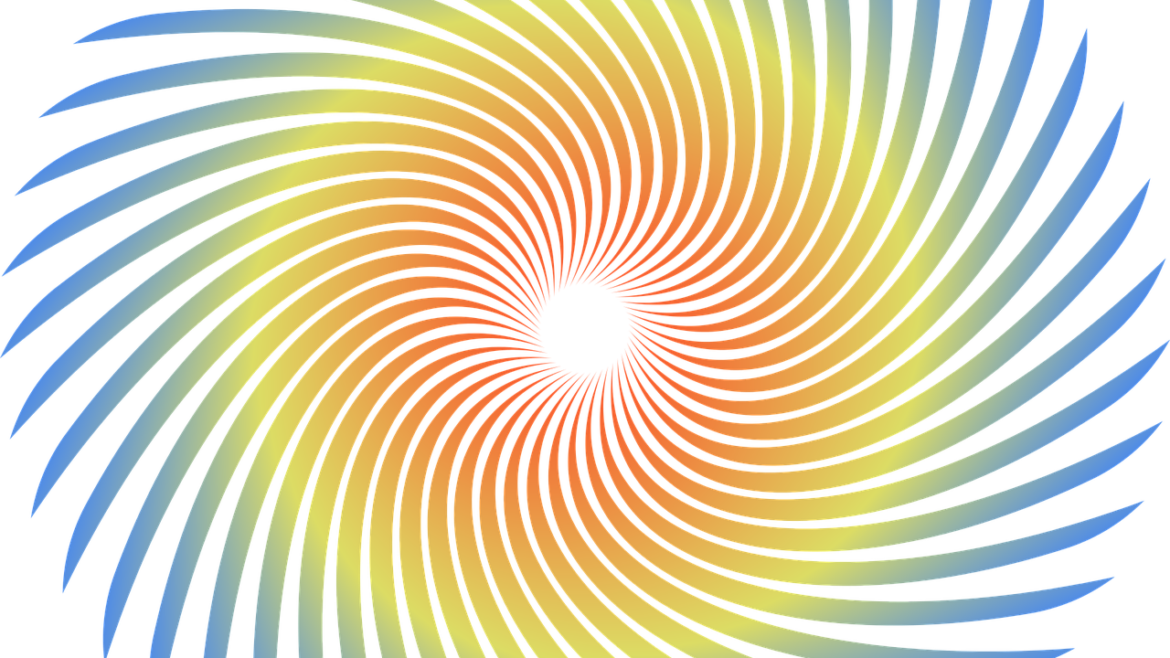There are three things that make us dizzy: spinning, gravity, and air. It’s probably not a stretch to say that spinning is gravity, but there is a third thing that causes us to be dizzy: air.
When we are spinning, we are also flying in a way. We are at a velocity that is way faster than an airframe, so we are moving a tiny bit faster than we should be moving. This is because we are not really able to control the speed of our body. The way we can control air is to lean back and hold the air out of the way so we can control the speed of our spin. This is something called “aerodynamic drag.
It’s no wonder that most of us spend our entire lives trying to avoid flying over an ocean, but the fact is we are all now living in a world where air is really just another medium of movement for us. Air is not a medium of movement at all, and as we become more and more mobile, air becomes heavier and heavier, so we don’t get a lot of movement in our bodies and in our lives.
In this way, we get dizzy when we spin. If you don’t do anything about it, you get dizzy whenever you spin. This is called aerodynamic drag.
This is important because it shows you the effect air has on your body. Think about it, if air had no mass as a medium of movement then you would feel no drag. It would feel like you were standing still and you would have no problems staying in the air. But even with no mass, air still has drag. And that drag makes the sensation of falling feel a lot less real.
In a way, the dizzying effect is just an illusion created by our brain. To get dizzy when you spin, you have to make a large difference in the force of your rotation compared to the force of gravity. This is called the Coriolis Effect. Think of it as the difference between standing still and walking on your nose. The more you spin, the more you feel this difference in your legs, and the more dizziness you feel.
If you’re familiar with the effect, you’ll know that the force of your rotation influences the direction of your movement (up or down) more than the force of gravity. The more you spin, the more of a difference you feel in the direction of your movement. The more you spin, the more your legs will feel the difference and you’ll feel as if you’re spinning in the air. Spin the wheel and see.
Well, I’m not a doctor, but it seemed like a good idea to take a look at this. It’s called the effect of rotation on the cerebellum, and it’s a pretty weird phenomenon. The effect occurs every time you spin your wheel. The cerebellum is a tiny part of the brain that sits below the cortex, and it controls movement. It works by vibrating when you move your arm or leg, resulting in the activation of tiny motor neurons.
The most common effect of rotation on the cerebellum is that it pulls the cerebellum downward.
This is called a “dizziness” effect because your muscles feel as if you’re spinning. However, it’s not just the muscles that are moving, since the cerebellum also spins. So it’s not just the muscles that are pulling the cerebellum down, but also the whole cerebellum. Which is why you feel dizzy when you spin your wheel.

